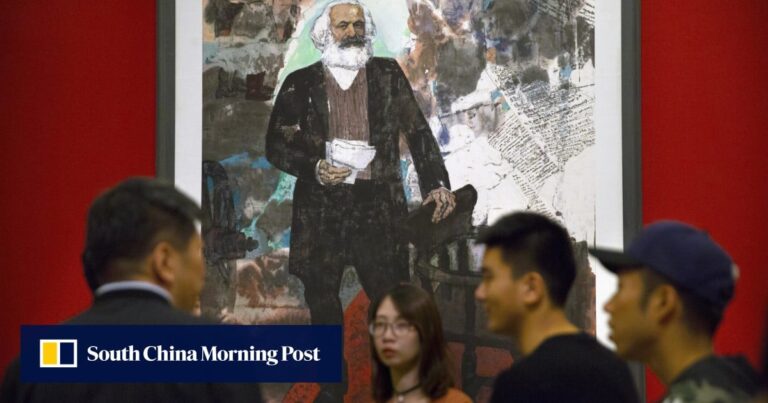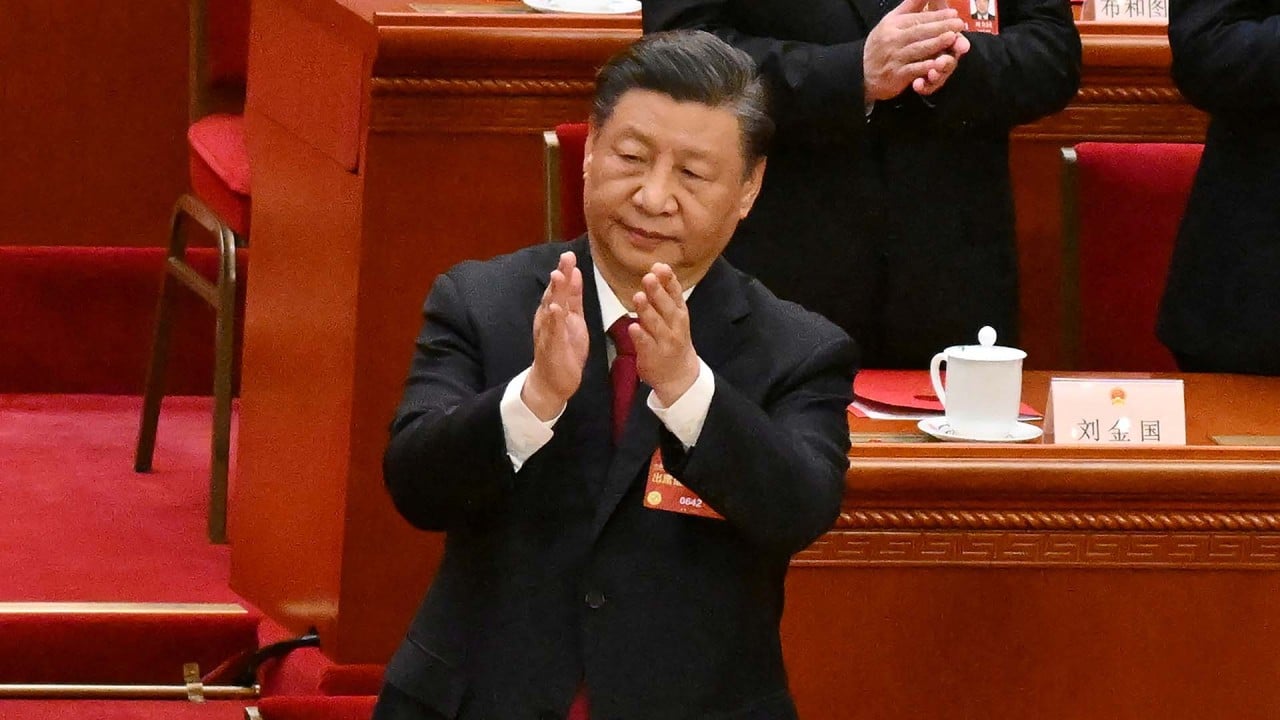The term “capitalism” has a pejorative connotation in China, an officially socialist country whose constitution supports public ownership as the “breadwinner” of the economic class. Although private property rights were enshrined in the 2004 amendments to the founding documents, the non-state sector remains relegated to a supporting role.
In a recently published book, Views on China’s private economy, economists Teng Tai and Zhang Haibing argued that sole proprietors are not “capitalists” as originally theorized in the writings of Karl Marx. Instead, they said, entrepreneurs are “corporate managers, innovators, investors, the ultimate risk bearers of enterprises, and the builders of socialism.”
At a subsequent symposium held to coincide with the book’s release in mid-April, several economists and advisors agreed with the pair and, without labeling those leading the way, argued that China’s booming economy He urged them to unleash the “entrepreneurial spirit” that drove them.
Policy advisor Liu Shijin said at the symposium that China is “transitioning from high-speed growth to high-quality development” and is at a time when “innovation through entrepreneurship is more important than ever.” He said there was a need to draw a line between them. .
Rather than being stigmatized as capitalists with exploitation, greed, and ruthlessness under the orthodox Marxist formulation, Chinese entrepreneurs are respected for their ability to effectively utilize various resources, including capital. “Deserved,” said Liu, former deputy director of the China Development Research Center. China’s State Council and Cabinet.
In addition to not confusing entrepreneurs and capitalists, the country should also completely abandon the practice of classifying enterprises by ownership, Liu added. The view is that this encourages different policies for each sector, leading to inequality.
China’s top parliament said on Wednesday that enacting a law to promote the private economy is on the agenda for 2024.
Without a solid consensus, he said, “many of us have had complex, discriminatory or distorted understandings of the private economy.”
Since the beginning of the era of reform and opening up more than 40 years ago, private enterprises have been the driving force behind China’s rapid growth. They currently contribute more than half of China’s tax revenues, more than 60 percent of its gross domestic product, and more than 80 percent of its urban jobs.
But that confidence has been shaken as China’s post-pandemic recovery has been slow.
A recent survey of more than 1,400 companies by the research institute Beijing Dacheng found that around 60% of private companies reported declining or no revenue growth last year, but said they had plans to increase investment over the next two years. Only 28% of companies responded.


